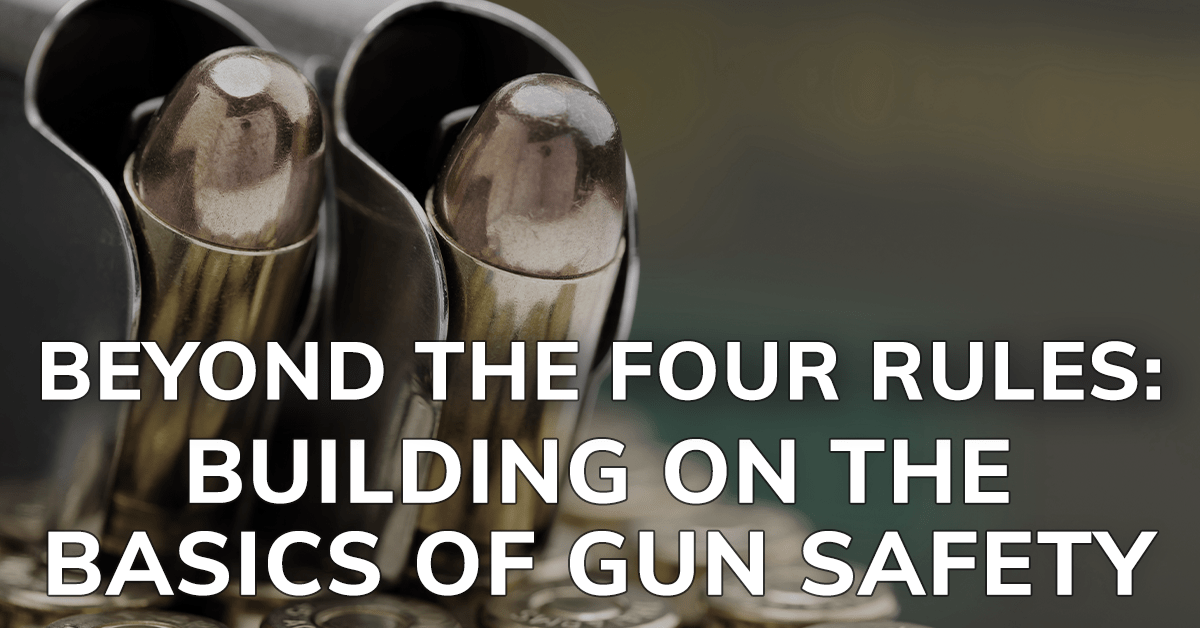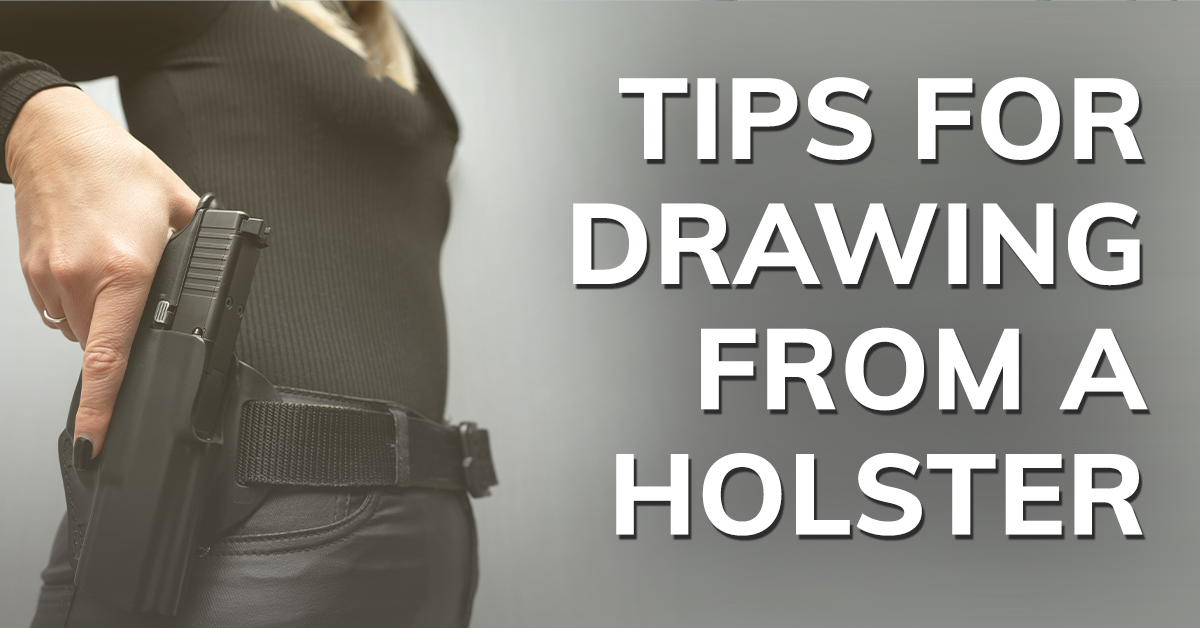Your Cart is Empty
Orders Over $100 Ship FREE (USA)!
Menu
-
- CONCEALED CARRY
- GUN HOLSTERS
- CONCEALED CARRY PURSES
- CASUALLY CONCEALED APPAREL
-
(Apparel with holster pockets or concealed-carry features)
- PARTS & GEAR
- RANGE STYLE
- APPAREL
- JEWELRY
-
E-GIFT CARDS
-
Gift shopping & not sure about size or style? Give a gift card instead!
-
- GIFT IDEAS
- WHAT'S NEW?
- EXPLORE
- Login
- USD




